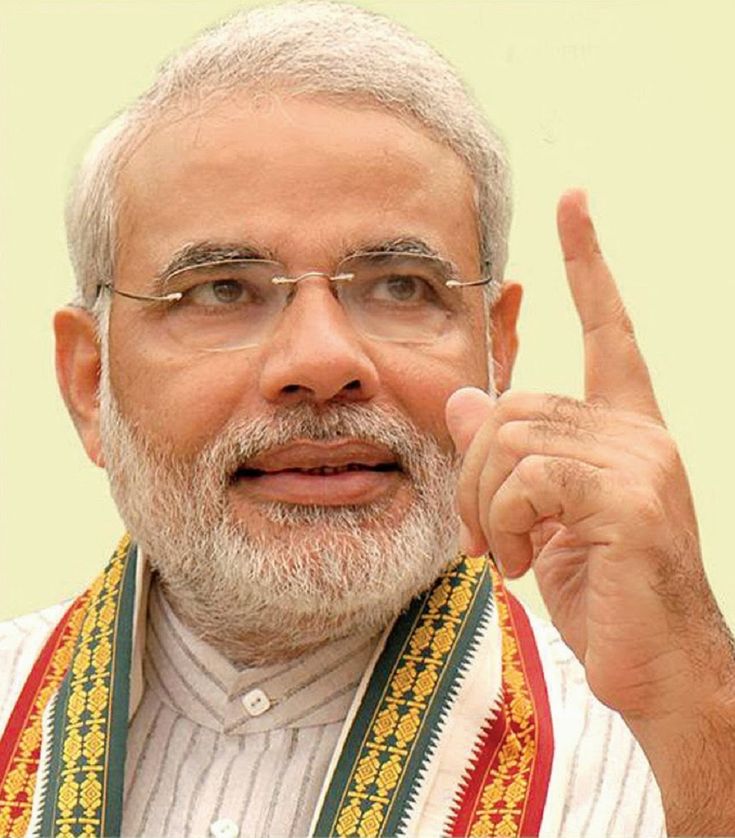Decoding the Life of Narendra Modi

Narendra Modi, a stalwart in Indian politics.
He carved a remarkable journey that intertwines facts, achievements, and the intricacies of his personal and professional life.
Early Life and Education: The Formative Years
Born Leader: Narendra Modi, born on September 17, 1950, in Vadnagar, Gujarat, displayed early signs of leadership that would shape the trajectory of his life.
Educational Pursuits: Modi’s educational journey, though modest, laid the groundwork for his future political endeavors. Graduating with a degree in Political Science, he showcased an early interest in governance and political dynamics.
Family: The Private Side of Modi’s Life
Modest Beginnings: Raised in a humble family, Modi’s parents instilled values of hard work and determination. His family background continues to influence his political decisions and leadership style.
Marriage and Personal Life: Narendra Modi’s personal life, including his marriage to Jashodaben, remains a private aspect. Despite living separately, the details of his personal relationships have intrigued the public.
Political Career: Modi’s Ascension in Projects and Governance
Early Political Stint: Narendra Modi’s political journey began in the 1980s when he joined the Bharatiya Janata Party (BJP). His organizational acumen and strategic prowess quickly propelled him through the party ranks.
Chief Minister of Gujarat: Modi’s most significant political role unfolded when he became the Chief Minister of Gujarat in 2001. His tenure witnessed both acclaim and controversy, especially during the Gujarat riots in 2002.
Prime Ministership: In 2014, Modi’s political career reached its zenith as he became the Prime Minister of India. His leadership brought forth transformative projects like “Swachh Bharat Abhiyan” and “Make in India,” aimed at fostering economic growth and development.
Personal Touch: Unraveling the Human Aspect
Spirituality and Leadership: Narendra Modi’s connection to spirituality, rooted in his early association with the Rashtriya Swayamsevak Sangh (RSS), adds a unique dimension to his leadership style.
Impact on Lives: This section explores the human side of Modi’s leadership, delving into personal stories and anecdotes that highlight the impact on the lives of ordinary citizens.
Conclusion: Narendra Modi’s Legacy and Ongoing Impact
Resilience and Legacy: In conclusion, Narendra Modi’s journey is one of resilience, determination, and political prowess. His legacy continues to influence Indian politics, and his impact on the nation’s development is undeniable.
Ongoing Contributions: As India’s Prime Minister, Modi’s ongoing contributions to the country’s growth and international standing shape the narrative of his leadership.
In the intricate tapestry of Narendra Modi’s life, from his early years to his present role as Prime Minister, the story unfolds with nuances of leadership, personal choices, and a commitment to shaping the destiny of a nation.